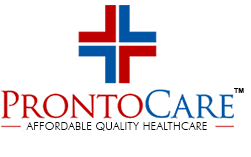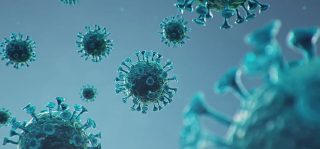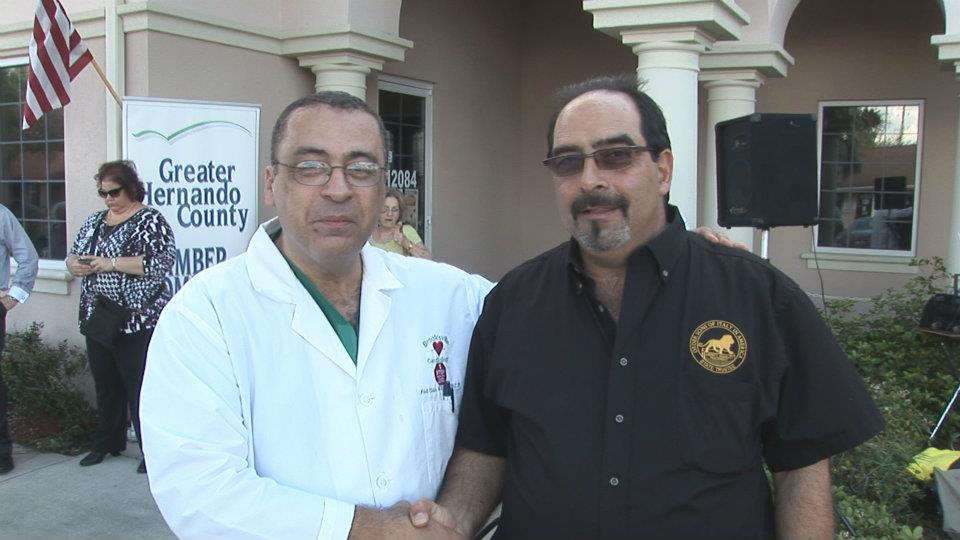Saffron is an old spice used by Ancient Egyptian healers and during the (Greco-Roman) period from 8th century BC to 3rd Century AD. They used Saffron as a treatment for various gastrointestinal pains as well as urinary tract conditions were also treated with an oil-based emulsion of premature saffron flowers. In Ancient Egypt, Saffron was greatly valued as a perfume and as a dye. Saffron perfume was mixed with thick oil, most likely olive oil.At night, saffron threads would be scattered on pillows and sheets for freshness. Egyptians would reinforce their teeth by chewing on softened whole Saffron bulbs.
It is considered to be the most expensive spice in the world due to many health benefits having strong Anti-oxidants such as ( Crocin, Safranal, Crocetin,). Both Crocin and Crocetin give red pigment to Saffron. They are carotenoids that have anti-inflammatory action, help suppress appetite, help to lose weight, may have an anti-depressant effect, and anticancer effect via the action of Keamferal.
Saffron was found in one study to decrease ( PMS), Premenstrual Stress symptoms in females aged between 20-45 years of age which include irritability, abdominal pain, cravings, and headaches if a daily dose of 30 mg taken orally or even smelling Saffron for 20 minutes it would lower the level of cortisol( stress hormone), thus decreasing anxiety symptoms.
Saffron may also have aphrodisiac effects for both men and women especially if they are taking anti-depressant therapy. Saffron has a distinctive taste and smell, no wonder it has a nickname ( sunshine spice). One study showed taking a daily dose of 30 mg of Saffron is equal to other anti-depressants such as Citalopram, Imipramine, and Fluoxetine. Saffron’s strong anti-oxidant effect could help prevent damage to free radicals leading to chronic diseases.
Saffron on the other hand suppresses appetite and in one 8 week study, there was less snacking, more weight loss in the group taking Saffron compared with those taking placebo. The Saffron group additionally had a decreased waist circumference, body mass index, and total fat mass. Saffron may also lower cholesterol, blood sugar level, age-related macular degeneration( AMD), which may improve cognitive functions ( learning and memory) in patients with mild to moderate Alzheimer disease.
Saffron can be added to your food by soaking Saffron threads into warm water and it will give food a nice flavor and smell. Saffron is safe with no side effects but it is contraindicated in pregnant women to avoid possible miscarriage. There is also Saffron tea to help anxiety and stress. With the Current Coronavirus Pandemic, using Saffron can be of great value and benefit to so many people around the globe s it has been effectively and safely used for many centuries!
- Dr. Adel Eldin, MD, FACC, FACP, MBA, GGA
- Board Certified Cardiologist
- Founder, CEO
- Affordable Quality Healthcare Program
- www.prontocare.co
- Founder, CEO
- www.floridamedicaltourism.com
- Wesley Chapel, Florida
- Tel: 877-DR ELDIN









